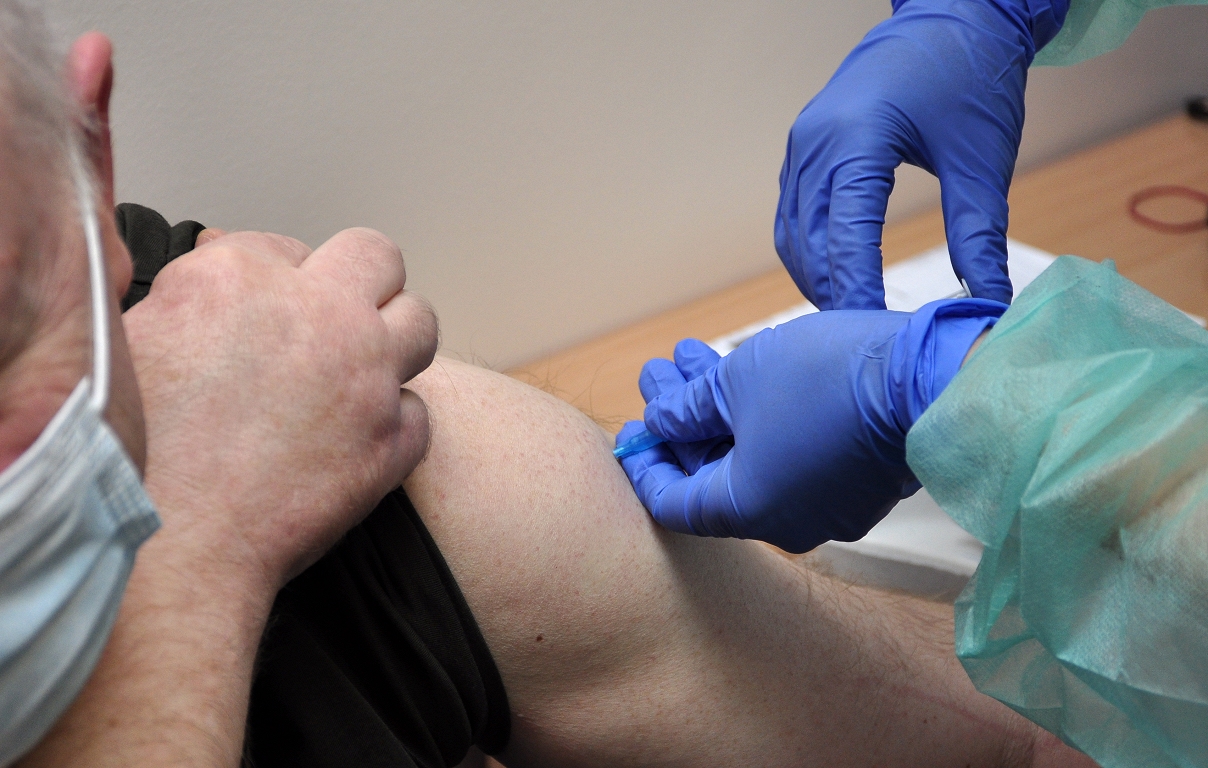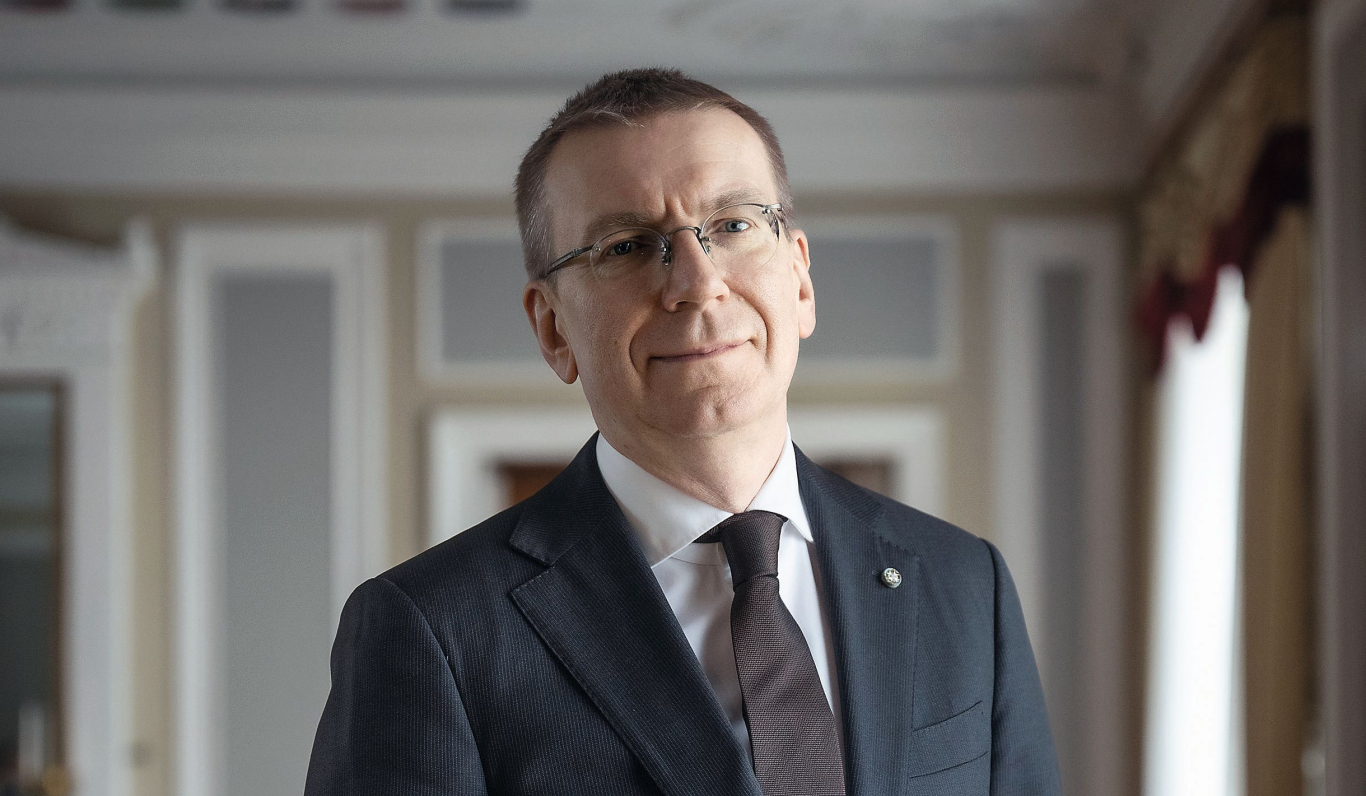Calls for pneumococcal infection to vaccinate in adult risk groups and seniors / day

Organizations have sent a letter to officials, including Health Minister Hosam Abu Meri (JV).
Currently, the state budget funds, according to the vaccination calendar, are vaccinated against pneumococcal infection three times in children – at the age of two months, at the age of four months and 12-15 months.
The letter states that pneumococcal infections are also particularly dangerous for adults with chronic diseases such as diabetes, cardiovascular disease, chronic obstructive lung disease, and people with immunosuppression or other health conditions that make them more susceptible to infections. For these persons, pneumococcal infections are often caused by more severe forms of the disease, such as bacterial meningitis, septic shock and pneumonia, which can lead to hospitalization or even death, explains specialists.
On the other hand, persons over 65 are at greater risk not only to develop, but also to face complications and prolonged hospitalization, organizations emphasize.
Professor Alvill Kram, Chairman of the Board of Latvian Tuberculosis and Lung Disease Association, points out that pneumococcal infection is a topical, global public health problem that causes serious illnesses and deaths around the world every year. This bacterium is responsible for a variety of serious illnesses, including pneumonia, meningitis and sepsis, while otitis media, sinusitis and bronchitis are more common but less serious.
Meanwhile, Martins Purenkov, Chairman of the Board of the Latvian Invasive Pneumonology and Respiratory Medical Association, emphasizes that research analyzing vaccines indicates a significant reduction in cases of invasive cases of invasive pneumococcal infections.
The authors of the letter recall that the World Health Organization has recognized pneumococcal infections as one of the most common causes of death, which particularly affects countries with limited resources. However, in developed countries, pneumococcal diseases continue to create a serious burden on health care systems.
Several European countries, such as the UK, France, Spain, Germany, Sweden, Denmark, Norway, have already introduced state -funded pneumococcal vaccination programs for adults. In these countries, the program covers the risk group or persons over 65 years of age.
An adult vaccination program against pneumococcal infection has also been introduced in Lithuania. From 2023, not only children and adults in risk groups can receive a vaccine against pneumococcus, but also adults over 75.
According to the Center for Disease Prevention and Control, the number of invasive pneumococcal infections in Latvia has increased 2.12 times in the period from 2020 to 2023, reaching eight cases per 100,000 population. In contrast, 17,700 cases of invasive pneumococcus were registered all over Europe, most of whom over 65 were recorded.
The letter was signed by Mārtiņš Purenkovs, Chairman of the Board of the Latvian Invasive Pneumonology and Respiratory Medical Association, Vilnis Dzērve-Taluts, Secretary of the Board of the Latvian Cardiology Society, Karlis Trušinskis, President of the Latvian Hypertension and Atherosclerosis Society, Ainis Andris Skride.
It was also signed by Ieva Ziediņa, President of the Latvian Nephrologist Association, Kristīne Bernāte, Chairman of the Board of the Latvian Association of Hematological Diseases, Alinta Hegmane, Chairman of the Board of the Latvian Oncologist Association, Aija Geriņa, Chairman of the Board of the Latvian Oncologist Chemotherapists, Chairman of the Latvian Tuberculosis and Lung Diseases Gunta Freimane, Chairman of the Board of the Association.
Ieva Plūme, Chairman of the Board of Pulmonary Hypertension Society, Inese Mauriņa, Member of the Board of the Society « Parsirdi.lv », and Juris Beikmanis, Chairman of the Board of the Latvian Rare Disease Alliance, Laura Zvirbule, Member of the Genetically inherited Diseases of the Society.






